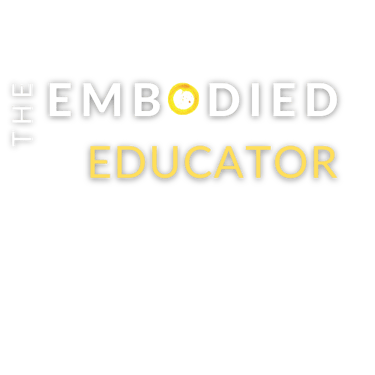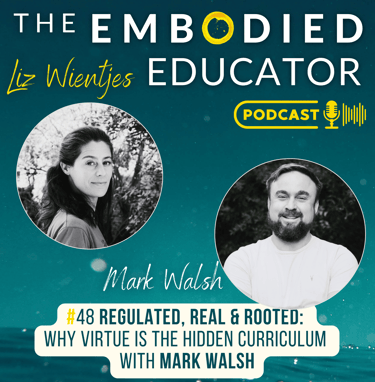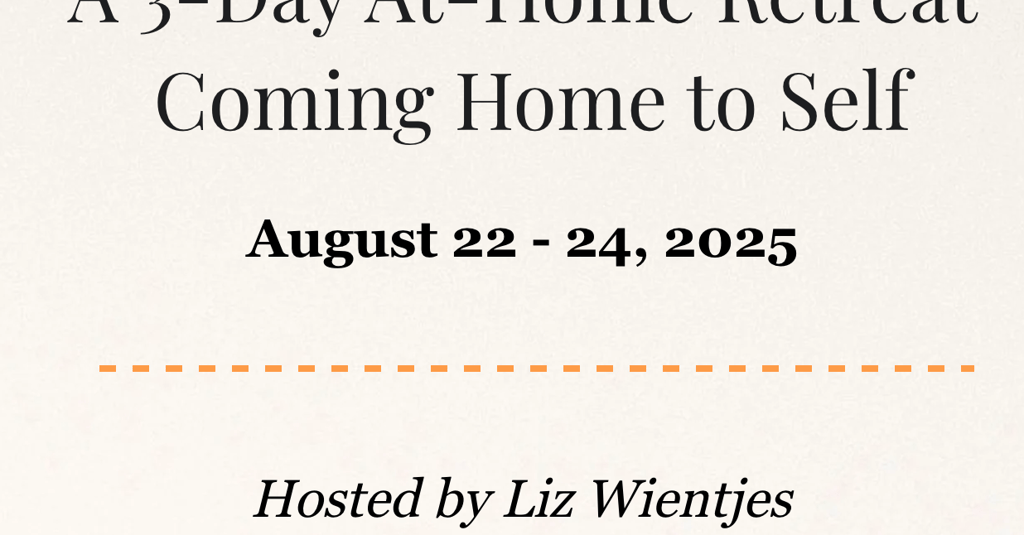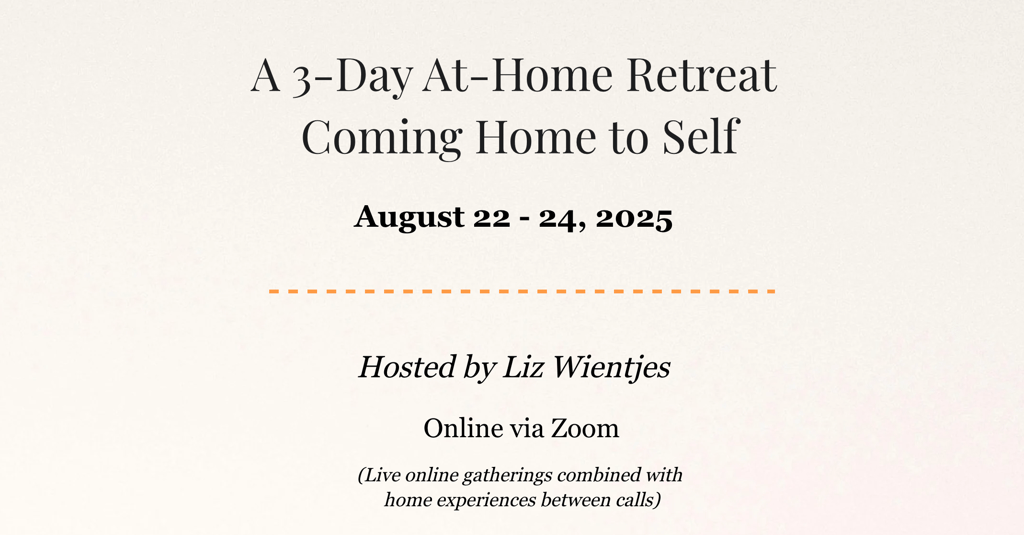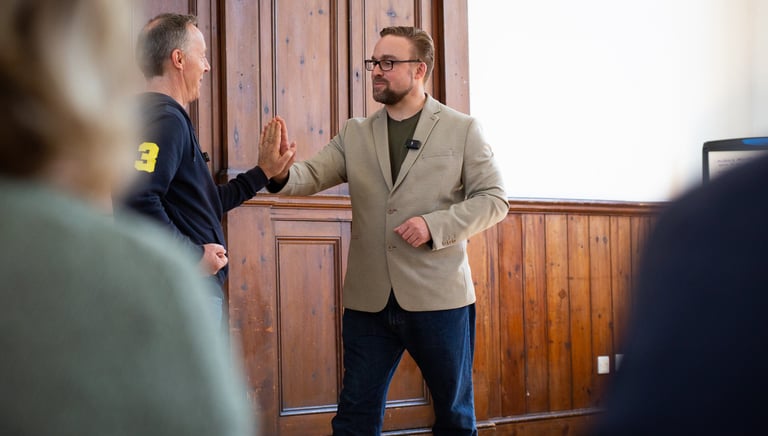> > > Gratis Online Playshop voor ons 6-daags Retreat in Samos >>> 15 oktober 19.30 - 21.00 Amsterdam tijd <<<
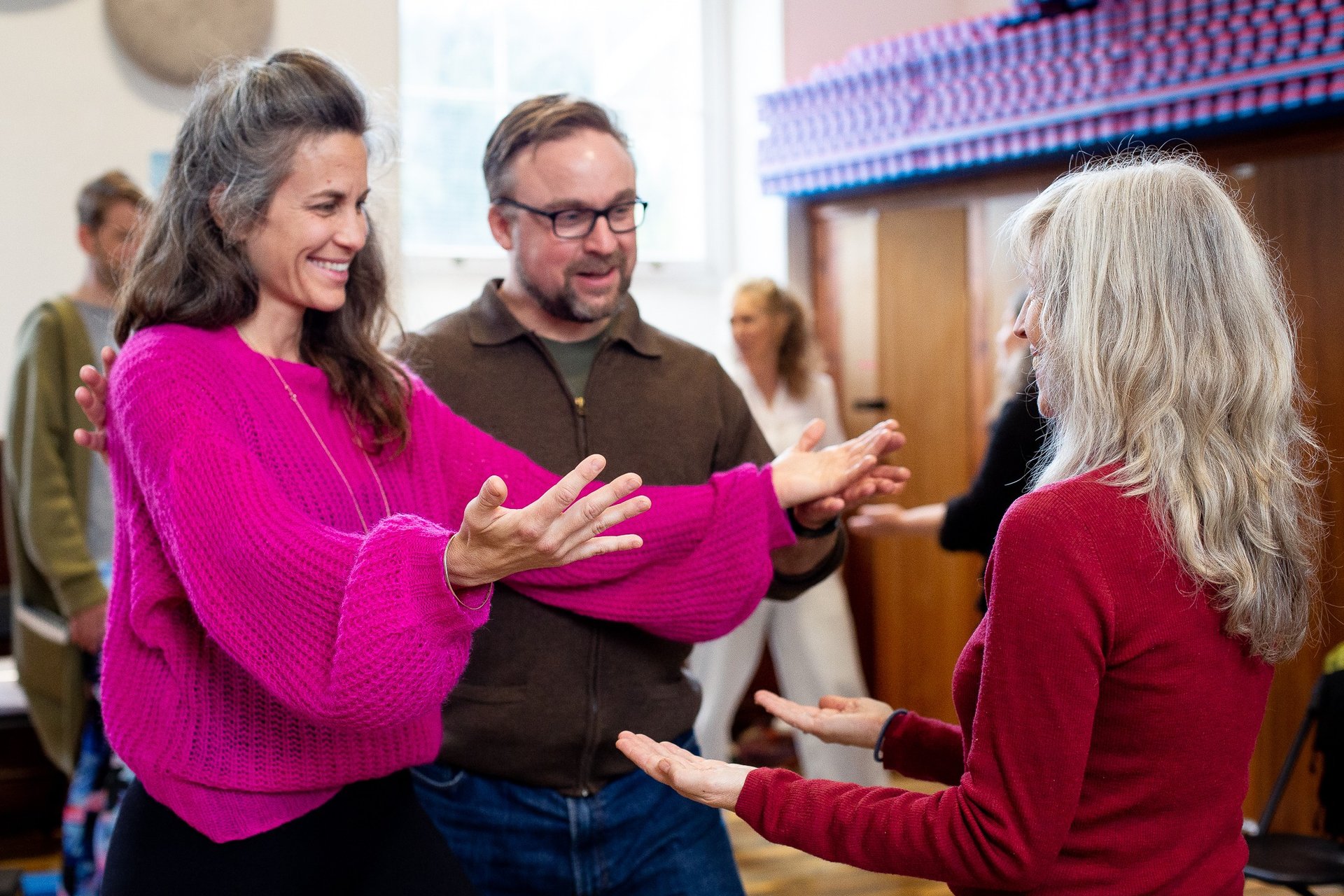
#48 Regulated, Real & Rooted
Why Virtue is the Hidden Embodied Curriculum With Mark Walsh
Liz Wientjes
7/19/2025
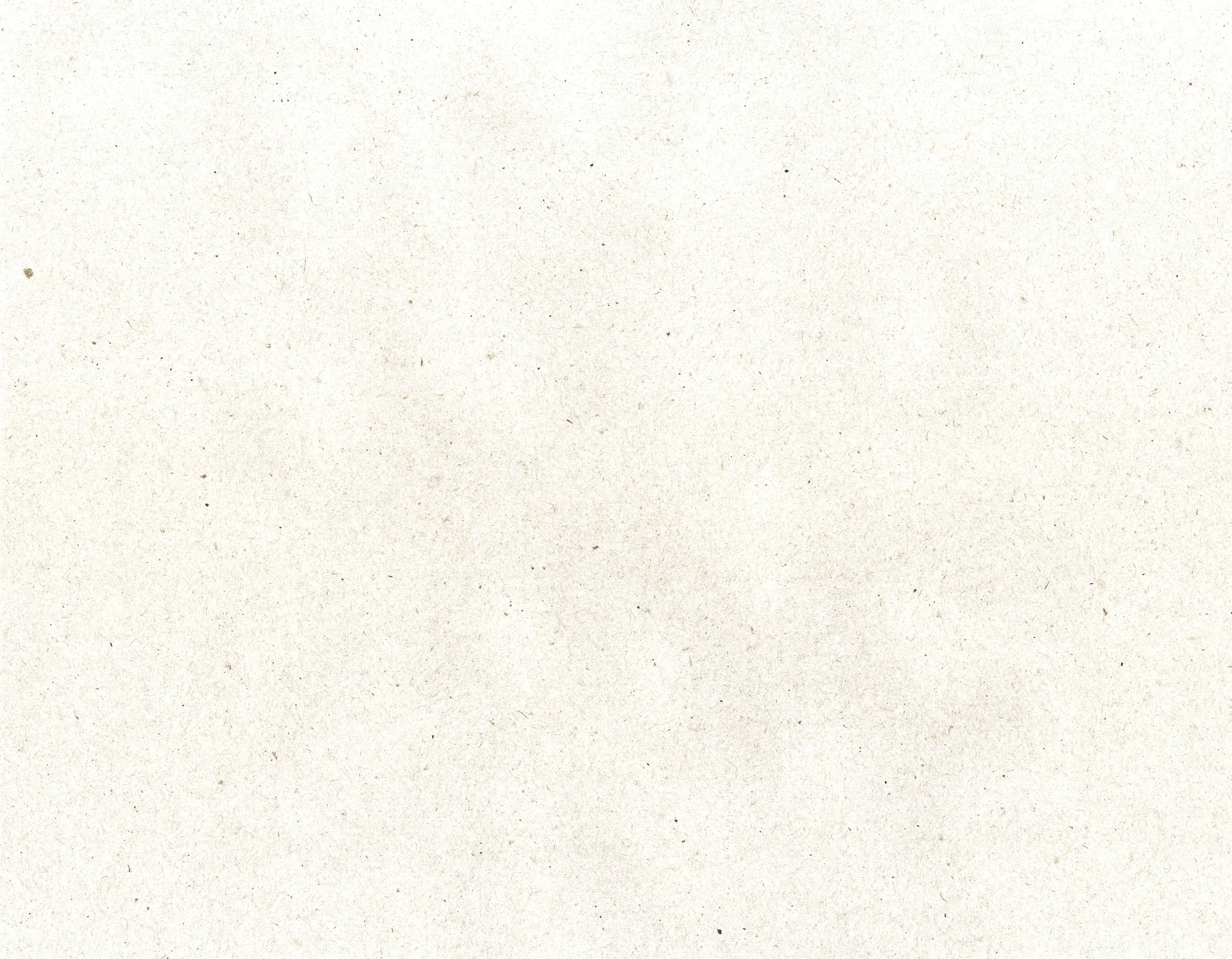
Regulated, Real & Rooted
Why virtue is the hidden embodied curriculum
With Mark Walsh
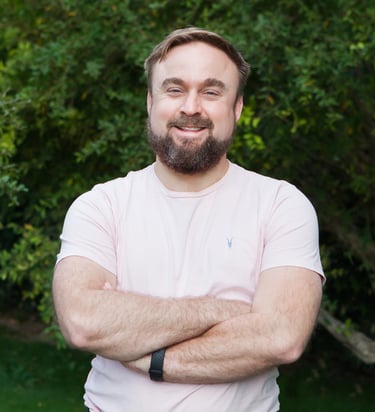


Regulated, Real & Rooted
Why virtue is the hidden embodied curriculum
With Mark Walsh





💬 “There’s no such thing as an effective disembodied educator.”
💬 “Most educators are already teaching embodiment — they just don’t have the language for it yet.”
Meet Mark Walsh — former enfant terrible of the embodiment world, now a leading voice on the role of embodiment in leadership, trauma, and education. Mark was my teacher in 2020 during my own deep dive into embodied coaching — and while I don’t always agree with his views, I truly value the way he names what he sees, especially when it comes to what’s been lost in how we teach and lead.
This conversation was rich, honest, and sometimes a bit quiet on my side catching of with this speedy gonzales in thinking and speaking! Listen twice and there's all these hidden gems popping up :P
From Information to Formation
Mark zooms out — way out — to trace the evolution of education in the West. He reflects on how schooling has shifted from character formation to knowledge acquisition, and how in that process we’ve lost touch with three essential embodied virtues:
The Good
The True
The Beautiful
Without these, Mark argues, we’ve lost part of our moral compass. And that’s not just a philosophical loss — it affects how we show up in classrooms, in communities, and in culture.
🥋 Aikido, the Samurai & the Bow
Mark draws on his background in martial arts — especially aikido — to make powerful parallels with character development. He talks about how samurai didn’t learn martial arts to fight, but to build character. Their training was not about domination, but discipline, presence, and the how of being — the very stuff of embodied education.
I didn’t think of it in the moment, but afterward I was struck by his example: They needed a sword or bow, not a gun.
There’s something in that — the ritual, the slowness, the relationship with form. And I couldn’t help but think: as soon as we automate things — whether with a weapon or a chatbot — embodiment is at risk of falling out the window.
So in this hyper-digital world, now more than ever, our bodies are not a side note — they’re the very place where we can still connect, co-regulate, teach, and transform.
Nervous Systems, Disregulation & Diversity
As in many of my interviews, the thread of regulation and nervous system health runs deep. Mark speaks candidly about how multicultural classrooms — while beautiful and needed — can also create disregulatory dynamics that we’re not always prepared for. Not because diversity is bad — but because our nervous systems often don’t know how to hold that complexity without training.
💬 “Diversity is not our strength. Diversity is our nervous system dysregulation.”
It’s provocative. But it invites us to look at the real, lived tension in our classrooms and beyond — and to ask:
how can we grow our capacity to stay present when things get complicated?
how can we get of our phones, and stay more connected to our bodies "iPhones are gonna take your attention away from your body. It might as well be called the ego-phone."
Mark shares his Tetrarchy Model of Disconnection, his thoughts on trauma-informed education, and what it means to read the room — not just with your eyes, but with your whole body.
Faith as refuge
During our conversation Mark mentioned the AA a couple of times, and to be honest I' ve read about their 12 step plan, I don't have experience with this or people around me. It seems like it provides quite a solid framework, and that's maybe also something to learn from when it comes to all those distractions our kids in class have to deal with; those *** PHONES, or how Mark calls them "ego-phones".
The remark and reflective question that stood with me after our conversation, which I think might open up an interesting conversation in school environments too is the next quote:
" In the AA they teach you, you need to have a higher power. The higher power can be anything except YOU. I think we need something bigger to gather around. What are we educating people? For the sake of ... what?"
Why is spirituality not also part of our learning space, I've noticed a lot of fear around this topic eventhough like Mark shows with his quote it is the one element that might help you get out of bed or not take that one line / drink / punch? Like in the book SACRED REST Dr. Saundra Dalton-Smith says: "what if spirituality is not about learning religion, but rather about experiencing and cultivating a relationship?"
A Practice for Educators
As always, we end with a practice — because learning about the nervous system is one thing, but living it in your classroom is another.
So join us — and take a moment to land in your own body, your own breath, your own presence. That, too, is education.
" Equality is very European and Christian, and it's a beautiful thing for an educator to have, a sense that the sort of fundamental shared dignity and spiritual equality."

💬 “There’s no such thing as an effective disembodied educator.”
💬 “Most educators are already teaching embodiment — they just don’t have the language for it yet.”
Meet Mark Walsh — former enfant terrible of the embodiment world, now a leading voice on the role of embodiment in leadership, trauma, and education. Mark was my teacher in 2020 during my own deep dive into embodied coaching — and while I don’t always agree with his views, I truly value the way he names what he sees, especially when it comes to what’s been lost in how we teach and lead.
This conversation was rich, honest, and sometimes a bit quiet on my side catching of with this speedy gonzales in thinking and speaking! Listen twice and there's all these hidden gems popping up :P
From Information to Formation
Mark zooms out — way out — to trace the evolution of education in the West. He reflects on how schooling has shifted from character formation to knowledge acquisition, and how in that process we’ve lost touch with three essential embodied virtues:
The Good
The True
The Beautiful
Without these, Mark argues, we’ve lost part of our moral compass. And that’s not just a philosophical loss — it affects how we show up in classrooms, in communities, and in culture.
🥋 Aikido, the Samurai & the Bow
Mark draws on his background in martial arts — especially aikido — to make powerful parallels with character development. He talks about how samurai didn’t learn martial arts to fight, but to build character. Their training was not about domination, but discipline, presence, and the how of being — the very stuff of embodied education.
I didn’t think of it in the moment, but afterward I was struck by his example: They needed a sword or bow, not a gun.
There’s something in that — the ritual, the slowness, the relationship with form. And I couldn’t help but think: as soon as we automate things — whether with a weapon or a chatbot — embodiment is at risk of falling out the window.
So in this hyper-digital world, now more than ever, our bodies are not a side note — they’re the very place where we can still connect, co-regulate, teach, and transform.
Nervous Systems, Disregulation & Diversity
As in many of my interviews, the thread of regulation and nervous system health runs deep. Mark speaks candidly about how multicultural classrooms — while beautiful and needed — can also create disregulatory dynamics that we’re not always prepared for. Not because diversity is bad — but because our nervous systems often don’t know how to hold that complexity without training.
💬 “Diversity is not our strength. Diversity is our nervous system dysregulation.”
It’s provocative. But it invites us to look at the real, lived tension in our classrooms and beyond — and to ask:
how can we grow our capacity to stay present when things get complicated?
how can we get of our phones, and stay more connected to our bodies "iPhones are gonna take your attention away from your body. It might as well be called the ego-phone."
Mark shares his Tetrarchy Model of Disconnection, his thoughts on trauma-informed education, and what it means to read the room — not just with your eyes, but with your whole body.
Faith as refuge
During our conversation Mark mentioned the AA a couple of times, and to be honest I' ve read about their 12 step plan, I don't have experience with this or people around me. It seems like it provides quite a solid framework, and that's maybe also something to learn from when it comes to all those distractions our kids in class have to deal with; those *** PHONES, or how Mark calls them "ego-phones".
The remark and reflective question that stood with me after our conversation, which I think might open up an interesting conversation in school environments too is the next quote:
" In the AA they teach you, you need to have a higher power. The higher power can be anything except YOU. I think we need something bigger to gather around. What are we educating people? For the sake of ... what?"
Why is spirituality not also part of our learning space, I've noticed a lot of fear around this topic eventhough like Mark shows with his quote it is the one element that might help you get out of bed or not take that one line / drink / punch? Like in the book SACRED REST Dr. Saundra Dalton-Smith says: "what if spirituality is not about learning religion, but rather about experiencing and cultivating a relationship?"
A Practice for Educators
As always, we end with a practice — because learning about the nervous system is one thing, but living it in your classroom is another.
So join us — and take a moment to land in your own body, your own breath, your own presence. That, too, is education.
" Equality is very European and Christian, and it's a beautiful thing for an educator to have, a sense that the sort of fundamental shared dignity and spiritual equality."
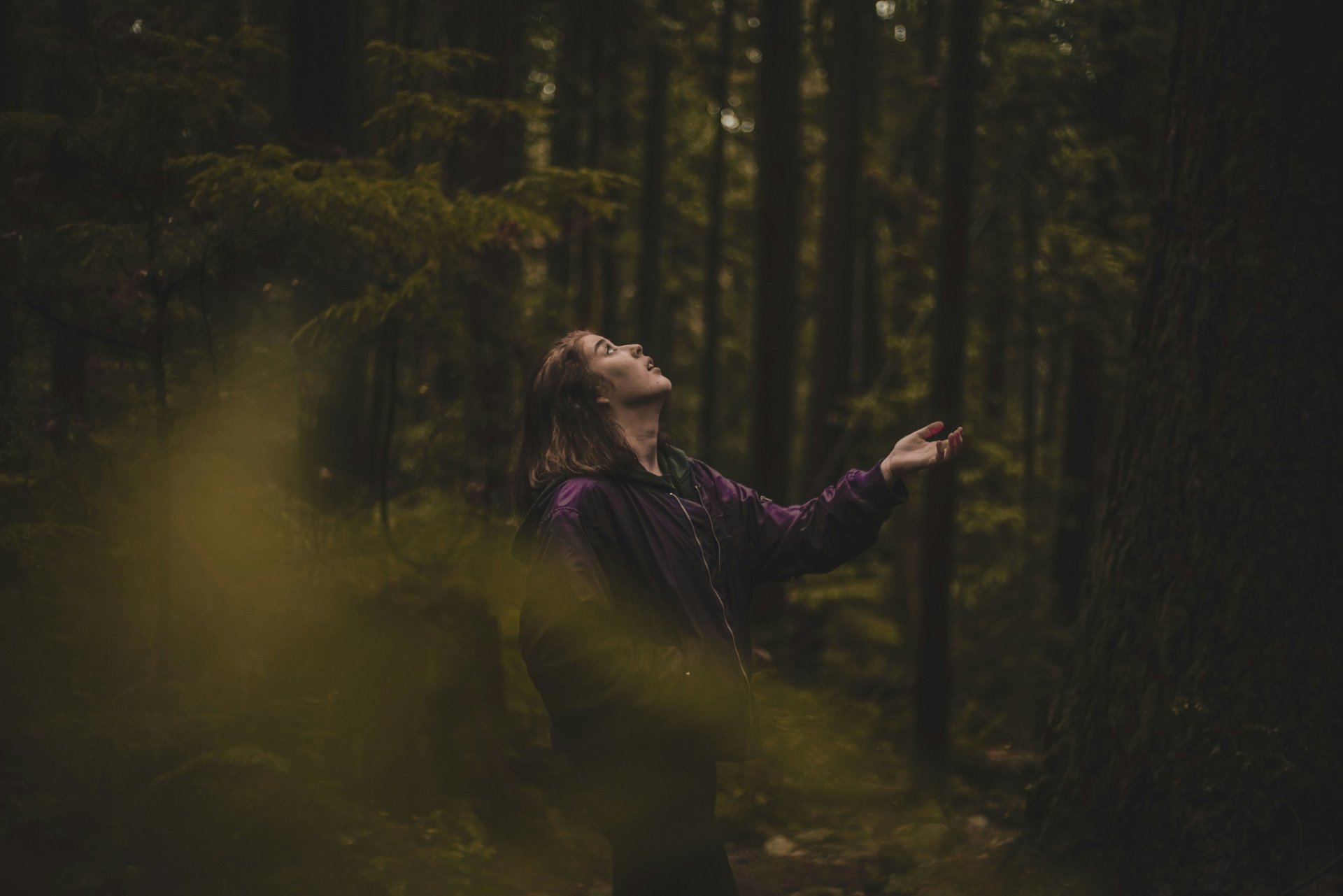


Mark Walsh has spent the last 20 years helping people get out of their heads and into their bodies—sometimes gracefully, sometimes not. He’s the author of The Body in Coaching and Training and Embodied Meditation, and hosts The Embodiment Podcast, which has over 3 million downloads. He also ran The Embodiment Conference, ambitiously featuring 1,000 teachers and half a million attendees, which happened to be the world’s largest Zoom event.
As the founder of Embodiment Unlimited, Mark has trained over 2,000 (including Liz) embodiment coaches across 40+ countries (some of which still let him back in). His latest project, Feral Philosophy, is a deeper, more unfiltered look at embodiment, free from the usual wellness clichés.
His work has taken him from an alcoholic to a psychology graduate; from war zones to boardrooms; from teaching yogis and coaches to working with police and military personnel. He also co-founded Sane Ukraine, now run by Ukrainian professionals to provide trauma and embodiment training for therapists, trainers, and coaches.
With a background in psychology, aikido (black belt), and various movement practices—including yoga, meditation, dance, bodywork, and improv comedy—Mark blends deep expertise with a refreshingly direct, down-to-earth style. He’s worked with companies like Google, Unilever, and Shell, though he’s much happier when he’s not wearing a suit.
He swears more than most coaches, dances worse than he thinks, and isn’t a fan of fluffy self-help talk—but he is passionate about helping people reconnect with themselves in a real, practical way.
Bio Mark Walsh
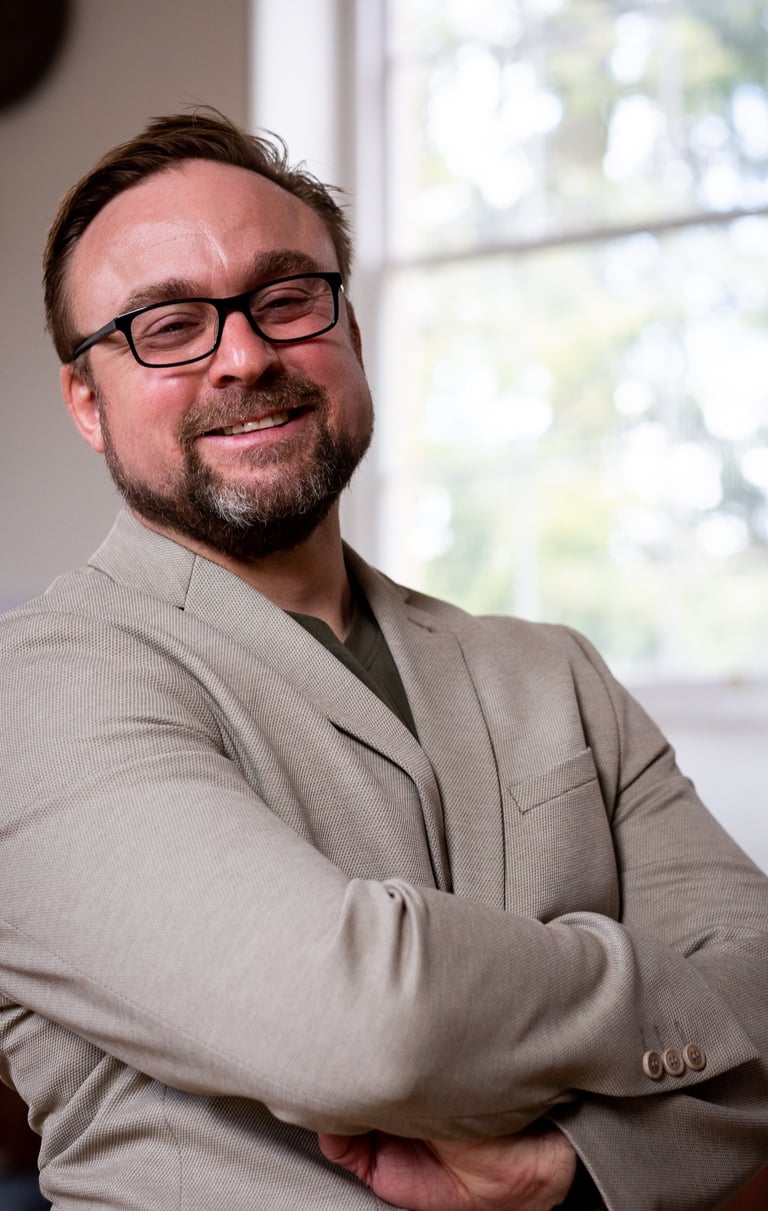


Mark Walsh has spent the last 20 years helping people get out of their heads and into their bodies—sometimes gracefully, sometimes not. He’s the author of The Body in Coaching and Training and Embodied Meditation, and hosts The Embodiment Podcast, which has over 3 million downloads. He also ran The Embodiment Conference, ambitiously featuring 1,000 teachers and half a million attendees, which happened to be the world’s largest Zoom event.
As the founder of Embodiment Unlimited, Mark has trained over 2,000 (including Liz) embodiment coaches across 40+ countries (some of which still let him back in). His latest project, Feral Philosophy, is a deeper, more unfiltered look at embodiment, free from the usual wellness clichés.
His work has taken him from an alcoholic to a psychology graduate; from war zones to boardrooms; from teaching yogis and coaches to working with police and military personnel. He also co-founded Sane Ukraine, now run by Ukrainian professionals to provide trauma and embodiment training for therapists, trainers, and coaches.
With a background in psychology, aikido (black belt), and various movement practices—including yoga, meditation, dance, bodywork, and improv comedy—Mark blends deep expertise with a refreshingly direct, down-to-earth style. He’s worked with companies like Google, Unilever, and Shell, though he’s much happier when he’s not wearing a suit.
He swears more than most coaches, dances worse than he thinks, and isn’t a fan of fluffy self-help talk—but he is passionate about helping people reconnect with themselves in a real, practical way.
Bio Mark Walsh



" How you inspire people
that happens through the body.
...So the being that someone is, I think is a very key thing to teaching and learning"
Mark Walsh

" How you inspire people that happens through the body. ...So the being that someone is, I think is a very key thing to teaching and learning"
~ Mark Walsh ~



" Let's be honest about what we're doing in schools.
It's not just one thing.
It's not just education."
~ Mark Walsh ~

" Let's be honest about what we're doing in schools.
It's not, it's not just one thing. It's not just education."
~ Mark Walsh ~

// RESOURCES
Peeps
Paul Linden - being in movement
William Smith - Ren Shin Kan aikido
Links
Mark talks about Japanese Budo - i believe this website might shine a light on what is the philosophy
BOOK: The Culture Map - Erin Meyer (A book I found very helpful in understanding cultures better - especially being with an Hungarian-Israeli)
Mark and I spoke about equality and I wasn't that fast I noticed listening back, so I did want to drop this layer of equity next to equality in education which is very important to really change diversity.

// RESOURCES
Peeps
Paul Linden - being in movement
William Smith - Ren Shin Kan aikido
Links
Mark talks about Japanese Budo - i believe this website might shine a light on what is the philosophy
BOOK: The Culture Map - Erin Meyer (A book I found very helpful in understanding cultures better - especially being with an israeli)
Mark and I spoke about equality and I wasn't that fast I noticed listening back, so I did want to drop this layer of equity next to equality in education which is very important to really change diversity.

Let's connect to spread more
embodied sparks across education
liz@theembodiededucator.nl
